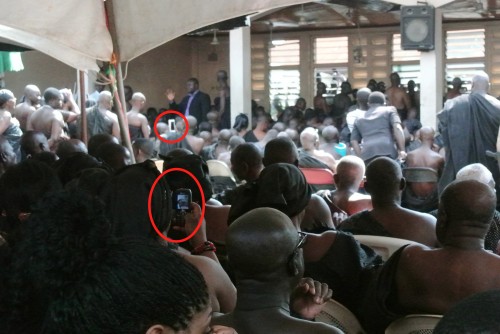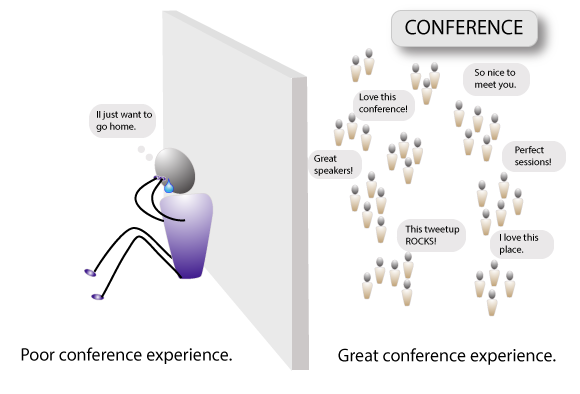some of my favorite quotes from what I read this past week on tech&society (note: at a conference this week, so didn’t do as much reading as normal):
“even Facebook-hating Redditors make assumptions abt people w/o Facebook accounts”
“the shadowy obverse of [Silicon Valley] is the militarized barracks in China”
“Social networks are just comparison life shopping”
“what isn’t real about the digital world?”
“Every moment we are afraid for our privacy, we are thrilled by our celebrity”








